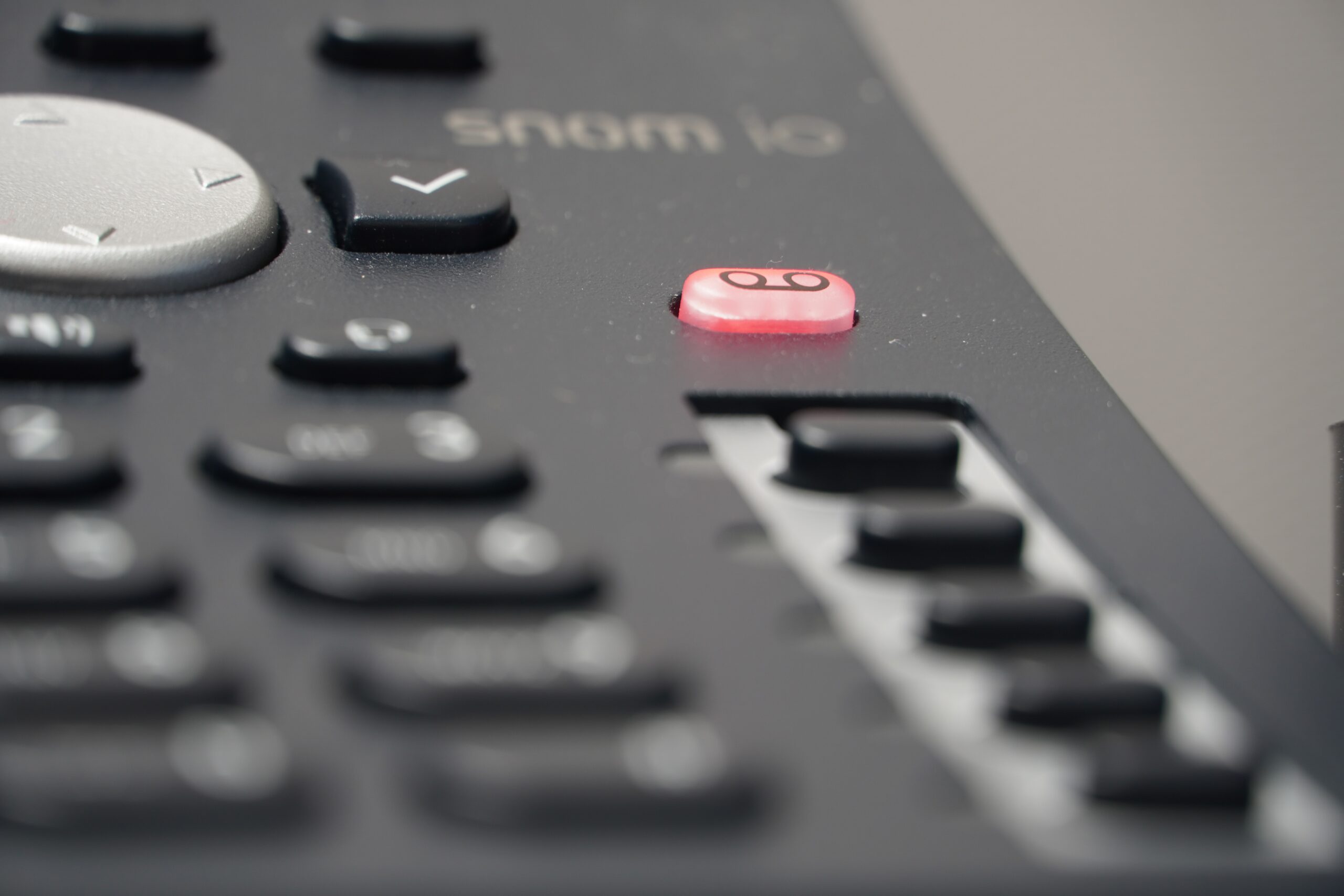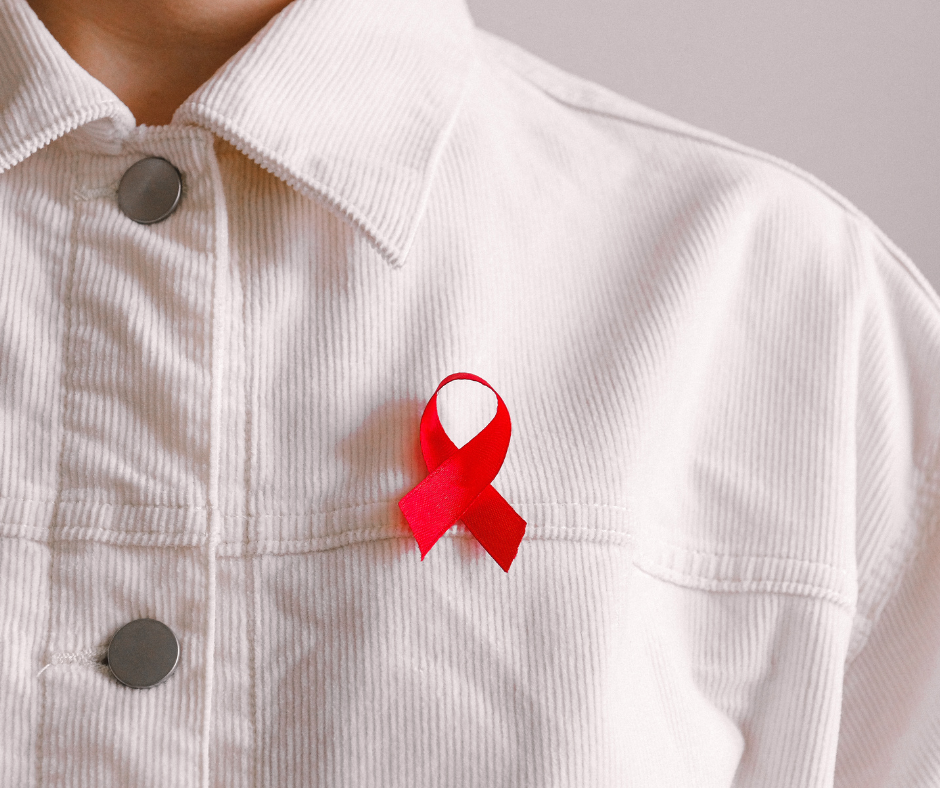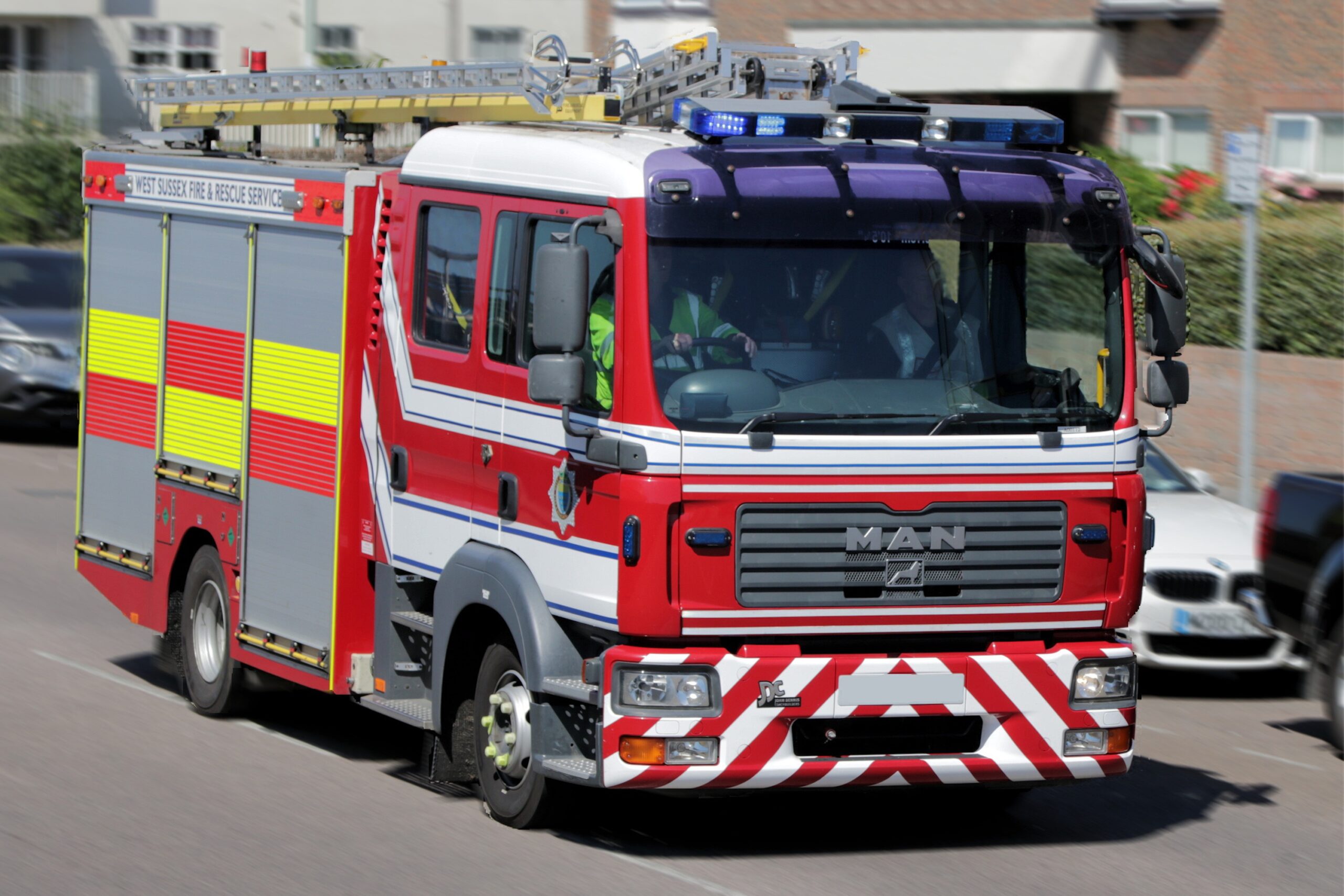Government says it will take advice on functionality of technology
Credit: NHS
The government has hinted that the sensitivity of the contact-tracing technology behind the NHS Covid-19 app may be reduced once the UK after the imminent lifting of all remaining restrictions on social contact.
From 19 July, all rules on social distancing, large events – and even the wearing of face masks – are set to be removed. Current guidance on self-isolation is also due to be relaxed, with those who have been fully vaccinated no longer required to isolate after coming into contact with a positive coronavirus case.
However, this change will not be introduced until 16 August – four weeks after the relaxation of distancing.
During those 28 days, it is expected that the country will record up to two million cases – resulting in millions more being asked to self-isolate by either contact-tracers or the Covid-19 app.
Related content
- Vaccine status prompts millions to download NHS app
- Government tapped fleet of £1,300-a-day AWS consultants to advise on contact-tracing app
- NHS ‘improves accuracy’ of contact-tracing app as downloads near 20 million
Labour leader Keir Starmer has said the UK is heading towards a “summer of chaos and confusion”, and voiced concerns about people deleting the app to avoid the growing risk of being told to self-isolate.
In response, the government may look to reduce the sensitivity of the technology’s contact-tracing system; currently, most exposure notifications are issued if Bluetooth connectivity detects two devices having spent more than 15 minutes within two metres of each other.
No decisions have yet been made to reduce or otherwise tweak the sensitivity, nor is there a clear indication of the extent to which the current model would be modified.
But, speaking on BBC Breakfast, transport secretary Grant Shapps indicated that alterations to the current system are likely.
“As our restrictions change, of course the app needs to change,” he said. “Things like replacing the 1m-plus rule on 19 July might well lead to a review of the way the app itself needs to function.”
Appearing on Radio 4’s Today programme, Shapps added: “The medical experts will advise us on what the level of sensitivity should be relative to where we are, for example, to our vaccination programme overall. We will follow scientific advice, keep this under review and tweak the app to be suitable to the circumstances of the time – double vaccination, for example, being at record highs in this country.”
Figures show that the number of contact alerts issued by the app has risen dramatically since hospitality and leisure businesses began the process of reopening in April.
During the last week of April and the first three weeks of May, a total of between 9,000 and 10,000 alerts were sent each week.
By the beginning of June, this had reached almost 50,000 and then, for the week ending 16 June, 150,000 alerts were sent.
The most recent weekly data, for 17 to 23 June, showed that the app sent 218,985 contact alerts.
Although adhering to a self-isolation instruction is now a legal duty – and subject to a £1,000 fine for those who fail to do so – the government has previously acknowledged that “users of the official NHS Covid-19 contact tracing app are anonymous and we cannot force them to self-isolate or identify them if they are not self-isolating”.
App users are entirely anonymous and the program contains no data on a user’s vaccine status – or, indeed, any personal information. From 16 August, once the guidance on self-isolation changes for those who have received both vaccine doses, exposure notifications sent by the Covid-19 app will simply ask users if they have been fully vaccinated. The isolation instruction and accompanying countdown clock will be disabled for those who answer in the affirmative. Those who indicate that they have not received both jobs will be told to isolate.



